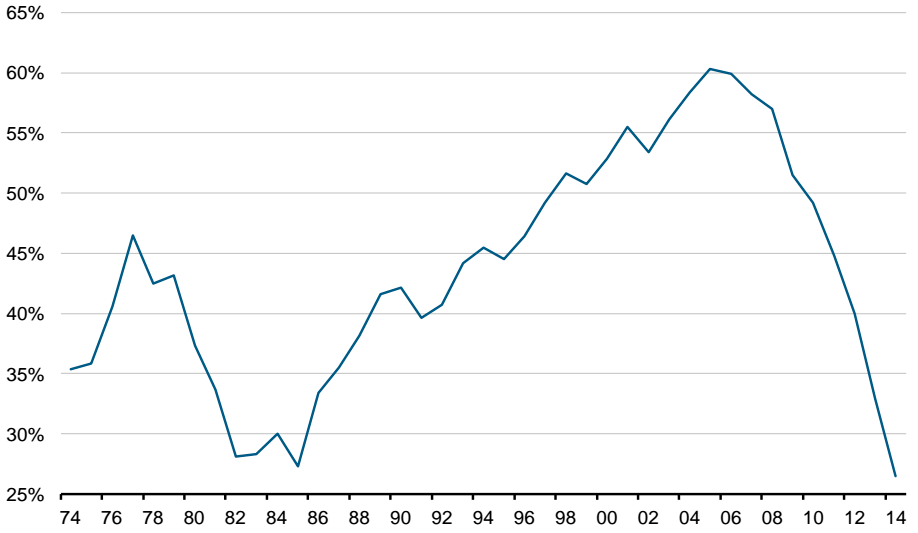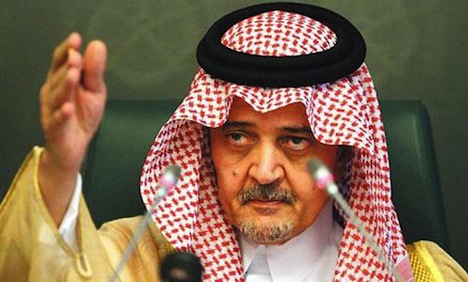
For the increasingly beleaguered Saudi royal family, it’s been a tough year.![]()
Headlines have highlighted misbehaving princes, struggles over Saudi succession, the wisdom of Saudi Arabia’s campaign in Yemen, a 20-year record in the number of the country’s executions (including the beheading of political critics and poets), the death of over 700 religious pilgrims during the Hajj in a stampede just outside Mecca and shifting US alliances in the region.
In perhaps the cruelest indignity of them all, businessman and Republican presidential contender Donald Trump slammed as ‘dopey’ Al-Waleed Bin Talal, an influential Saudi prince who runs many of the kingdom’s business and investment interests, last week on Twitter.
But for one weekend, at least, Saudi Arabia was in the news with fluffy headlines about historic municipal elections that allowed women, for the first time in Saudi history, to vote and to run for office, complete with photos (like the one above) that show a purportedly modernizing country where women are now enjoying the right to vote amid a loosening of other gender-based restrictions.
Don’t buy the hype.
Women only sparingly cast ballots in an election for only two-thirds of the members of essentially powerless municipal councils in a country that remains one of the most authoritarian regimes in the world, where an absolute monarchy, in tandem with Wahhabi clerics, have restricted the rights of women to a degree virtually unknown across the globe in the 21st century. Continue reading Why Saudi Arabia’s ‘landmark’ council elections are a joke


